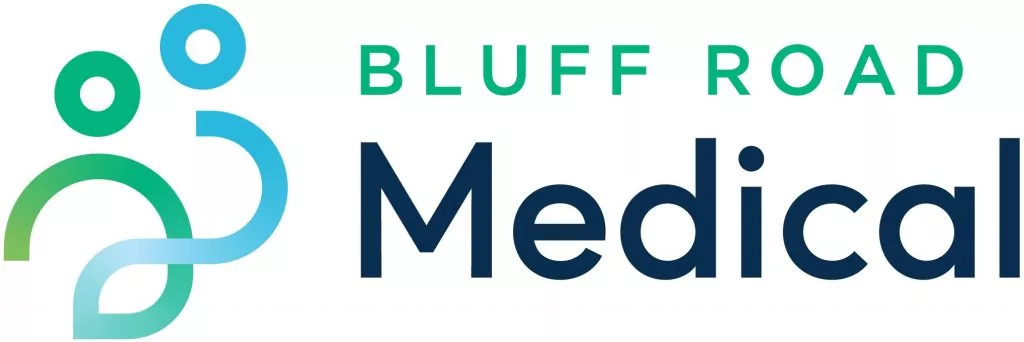Staying on top of your mental health: F.A.C.E C.O.V.I.D
The COVID-19 pandemic has had an unprecedented impact on our lives. It’s natural to experience feelings of worry, stress, anxiety and low mood during this time. Whilst these emotions are normal responses to a very difficult situation, they may cause us to feel drained, unable to sleep, and interfere with important aspects of our daily life including relationships, work and study.
Now, more than ever, it is vital to stay on top of our mental health. Below are suggested coping tools that can assist you to F.A.C.E C.O.V.I.D (adapted from Russ Harris, author of The Happiness Trap).
F = Focus on what’s in your control
In moments of uncertainty, it is difficult to forecast the future. We cannot know for sure the long-term impacts of COVID-19, but it can be easy to get lost and worry about financial, economic, healthcare, social and community burden. Whilst it’s completely natural for us to get lost in such worries, it’s not useful or helpful. What tends to happen is that the more we focus on what’s not in our control, the more hopeless and anxious we are likely to feel.
The most useful thing you can do is to “focus on what’s in your control.” How do we do this? The first practical step is to ‘drop anchor’ using the ACE formula:
A = Acknowledge your thoughts & feelings
This involves ‘noticing’ what thoughts, feelings, emotions, memories, urges and sensations you are experiencing. It may be helpful to say to yourself, ‘I notice I’m having worried thoughts’ or ‘There’s my critical thinker’ or ‘I’m feeling stressed.’
C = Come back into your body
Connect with your physical body. You can do this by slowing the breath and getting fresh air, noticing the rise and fall of your chest, pushing your feet hard into the floor, soaking up the rays of the sun, slowly sitting upright.
E = Engage in what you’re doing
Try to focus your attention on an activity in the present moment. This is the essence of mindfulness, best achieved using the seven senses: touch, taste, sight, hearing, smell, movement and proprioception (comforting pressure). Suggested exercises: notice 5 things you can see, 4 things you can hear, play comforting music, keeping a journal, reading a book, playing with your children, or drawing in a mandala colouring book. The better you anchor yourself in the present moment, the more control you have over your actions. This makes it easier to follow the following steps: COVID
C = Committed action
Prioritise self-care. How do you care for, show kindness towards or support the people you live with, and those in the community or at work? How can we keep socially and emotionally connected whilst we are self-isolating? Here are some tips:
- Stick to a routine and daily schedule
- Go to sleep and wake up at a reasonable time
- Reach out to others: telephone, video call or text someone to check in!
- Offer to cook a meal for someone
- Get out at least once a day, 30 minutes, for exercise
- Eat well and stay hydrated.
O = Opening up
Opening up is the ability to make space for difficult feelings, as well as to demonstrate acts of self-compassion and kindness. As the COVID-19 pandemic continues, you may experience any or all of the following: anger, fear, anxiety, guilt, loneliness, confusion, frustration, grief and sadness. These are normal responses in a crisis. Open up and make room for these emotional storms.
Also remember to be kind to yourself. Lower expectations and practice radical self-acceptance: accept everything about yourself, your current situations without question, blame or pushback. There is no roadmap, no precedent for this, and we are all truly doing the best we can in an impossible situation. If you need to look after others including children or older adults, you’ll be in a better state to do this if you’re also taking good care of yourself. Ask yourself, “If someone that I cared about was hurting, how would I care for them?” Then try treating yourself the same way.
V = Values
Your actions, attitudes and approach to life are usually guided by your values. During this pandemic, ask yourself some important questions: What do I want to stand for in this crisis? What kind of person do I want to be and how do I want to treat myself and others around me? Some values you identify could include care, love, respect, patience, acceptance, honesty, courage, integrity, and kindness. You will realise that committed action occurs more easily when you are aligned with your values!
I = Identify resources
There are plenty of resources available to you during the COVID-19 pandemic. Reach out for help from health professionals such as psychologists and other mental health services, neighbours, friends, family and emergency services – they are all there to help and assist you at any time.
Here are some reliable and helpful links:
Australian Psychological Society: https://www.psychology.org.au/
Lifeline- crisis counselling 13 11 14 & text lifeline 0477 13 11 14: https://www.lifeline.org.au/
Beyond Blue- 1300 22 4636: www.beyondblue.org.au
Family & Domestic Violence- 24/7 counselling and support call 1800RESPECT on 1800 737 732 www.1800respect.org.au
Kidshelpline- free 24/7 service for ages 5-25. Call 1800 551 800 www.kidshelpline.com.au
D = Disinfect & distance
It goes without saying, practice social/physical distancing and disinfect your hands as much as possible for the greater good of your community. Remember, whilst we are being asked to self-isolate, we can still continue to be connected socially and emotionally through technology. Remember to be kind to the people you pass or meet in the street – a smile and a small acknowledgement can make a difference to someone’s day.
We’re here to help
Our clinic has a team of psychologists who are ready to offer assistance to anyone whose mental health has been impacted by the COVID-19 pandemic. Please get in touch, we are here to help.
